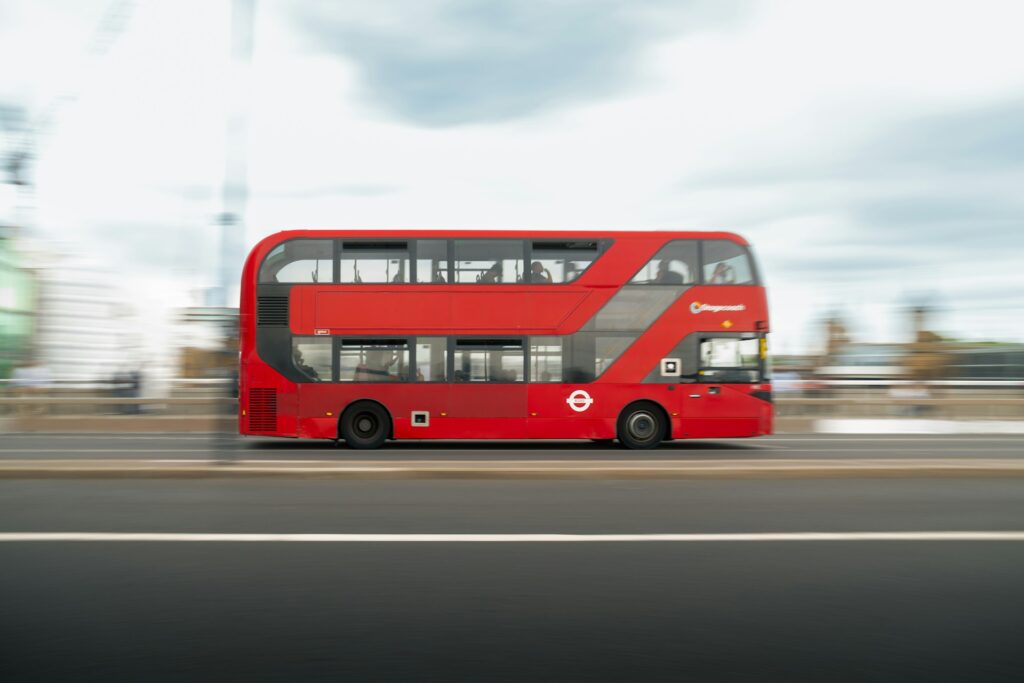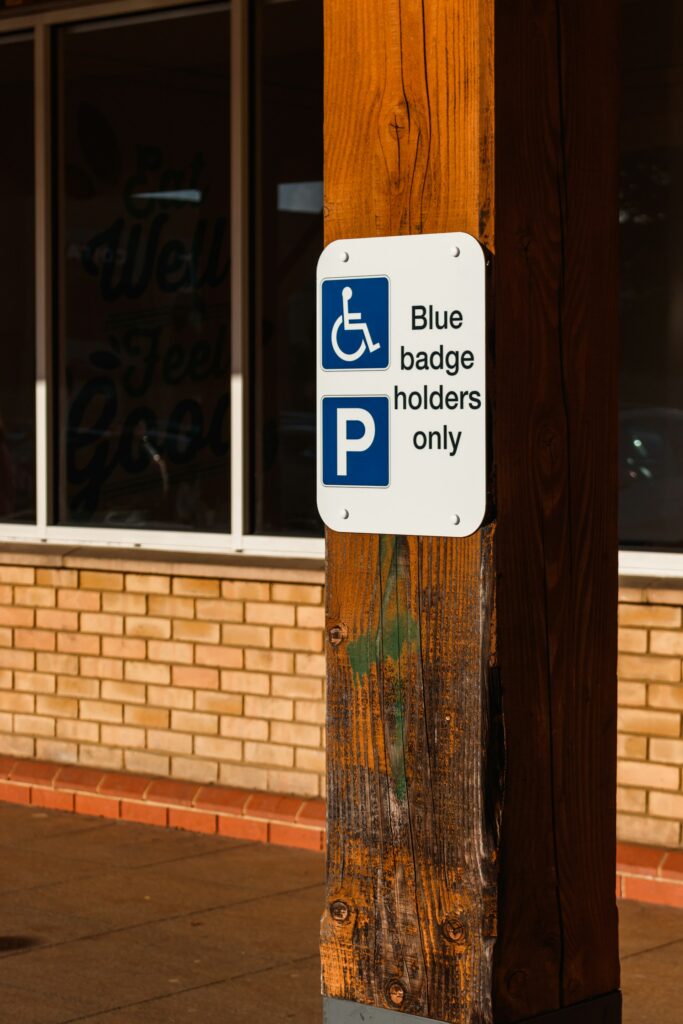It’s a moment every family, not exactly dreads, but certainly sees the poignancy in: realising that Dad’s driving isn’t quite what it used to be, or noticing Mum’s increasing nervousness behind the wheel. Whether it’s due to failing eyesight, slower reactions, decreased mobility, or memory concerns, watching a parent’s driving abilities decline is a delicate situation that most of us will face at some point.
If you’re noticing these changes in your elderly loved one, you’re not alone – and there are ways to navigate this challenging transition with both compassion and practical sense.
Signs That It’s Time To Consider The Change
Trust your gut on this one. Those little moments of concern often start small – perhaps you’ve spotted a mysterious new dent in the garage door, or noticed your loved one getting flustered at junctions they’ve navigated confidently for years. Maybe they’re taking increasingly bizarre routes to familiar places, or you’ve found yourself instinctively pressing an imaginary brake pedal from the passenger seat. These aren’t just minor hiccups – they’re your internal warning system telling you it’s time to have that conversation you’ve been putting off.

Starting The Conversation
Let’s be honest – this chat ranks right up there with root canals on the pleasure scale. But timing is everything. Skip the post-near-miss lecture (we all know how well those go down) and instead choose a peaceful moment, perhaps over a cuppa when everyone’s relaxed.
Remember, for many of our parents’ generation, driving isn’t just about getting from A to B – it’s about freedom, independence, and maintaining their place in the world. So when your dad bristles at the mere suggestion of hanging up his car keys, understand that you’re not just talking about driving – you’re discussing his identity.
Alternative Transportation Solutions
Here’s the good news: giving up driving doesn’t mean your loved one needs to become a hermit. Today’s mobility solutions are worlds away from the clunky options of yesteryear. For nipping to the shops or visiting friends, mobility scooters offer a brilliant blend of independence and safety.
For those needing more support, today’s wheelchairs are remarkably versatile and can open up new possibilities for getting around. Local community transport schemes have come a long way too – many now offer door-to-door services that feel more like having a friendly chauffeur than using public transport.
That said, public transport has its advantages. If you’re 60 or over and live in London, then you can get free travel on buses, trains and other modes of transport in and around London with a 60+ London Oyster photocard. Other areas also offer travel concessions for people who are over 60. It’s a good idea to check with your local council to see what help is available.


Read: How to make meditation for the elderly more accessible
Making The Transition Easier
Think of this as a gradual shift rather than an overnight revolution. Start by mapping out your loved one’s regular weekly jaunts – the Tuesday coffee morning, Thursday hair appointment, Sunday church service – and work out alternative arrangements for each one. You might be surprised at how many solutions are already in place; that coffee morning might have three other regulars passing right by your mum’s house, all happy to pick her up en route.
Modern technology can be a genuine game-changer here. Even if your loved one still considers their mobile phone a mysterious contraption, simple ride-booking apps can be mastered with a bit of patience and practice. And let’s not forget online shopping – something many of our elderly relatives embraced during recent lockdowns, often to their own surprise.


Financial Support & Assessment
Before you start reworking the family budget, take a breath and explore what help is available. Your local council might seem about as approachable as a hedge maze, but they often have surprisingly good support services tucked away.
From subsidised transport schemes to blue badge parking permits, there’s usually more help available than meets the eye. An occupational therapist can be worth their weight in gold here, offering practical suggestions you might never have considered.


Creating A Support Network
This is where community really comes into its own. Remember that neighbour who’s always chatting to your dad over the garden fence? Or the friend from church who lives just around the corner? People often want to help but don’t know how to offer. Create a simple network of willing helpers – you might be surprised at how many people step forward. After all, we’re all in this together, and most of us know we might need similar help ourselves one day.
Managing The Emotional Impact
Let’s not sugar-coat it – giving up driving is a huge adjustment. Your loved one might feel anything from frustrated to downright depressed, and that’s perfectly normal. Rather than glossing over these feelings with cheerful platitudes about silver linings, acknowledge the loss. But then help them focus on what’s still possible – maybe even explore some new local activities they couldn’t manage while concerned about parking or night driving.

Looking Ahead
While no one pretends this transition is easy, many families find it brings unexpected bonuses. Those shared car journeys become precious catching-up time. The stress of worrying about your loved one’s driving safety melts away. And often, new friendships blossom through shared rides and community connections.
The Bottom Line
Remember, we’re not talking about the end of independence – we’re talking about finding new ways to maintain it. With some creative thinking, practical support, and a good dose of patience, your loved one can still enjoy an active, connected life beyond the driver’s seat. After all, the journey doesn’t end just because someone else is doing the driving.





